Syndrome at Tristan Bates Theatre
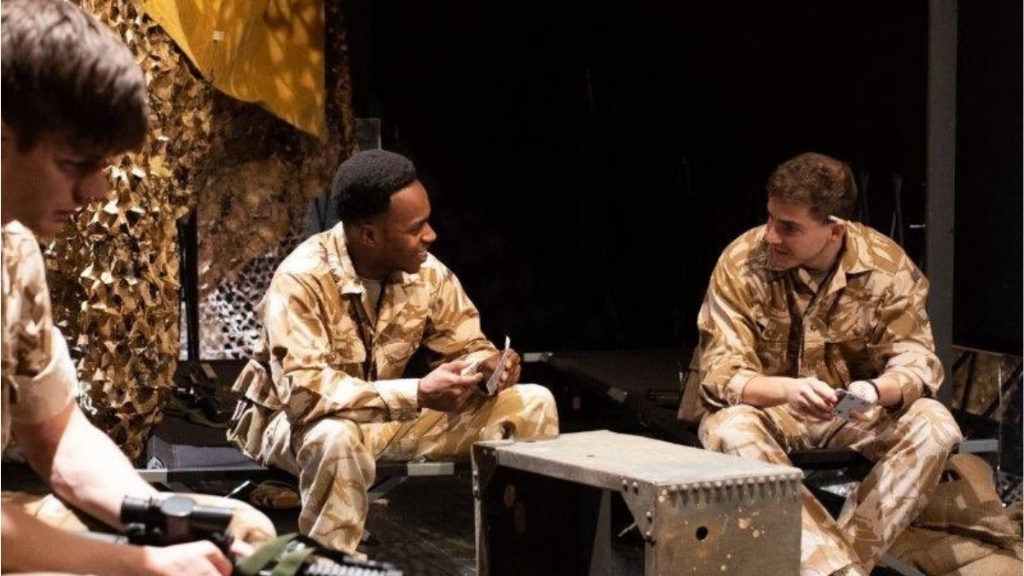
Reading the programme of Syndrome at the Tristan Bates theatre makes any lay reader to the Gulf War fully aware of the injustice and tragedy created by the debilitating impacts of Gulf War Syndrome on hundreds of thousands of soldiers. The tragedy of Tina Jay’s new play, however, is that (despite the PR statements surrounding it) this reality is not as effectively conveyed as it should be.
The four squaddies concerned – Deno (Kerim Hassan), Ray (Romario Simpson), Matt (Robert Wilde) and Gabe (Akshay Kumar) – do individually suffer from its pernicious effects, but the pervading focus of the play is, oddly, their sexuality. Unfortunately, Jay writes these roles in such a derivative and predictable manner, it makes it difficult to empathise with the soldiers when the illness takes hold of them all.
Deno and Ray, for instance, are written as a crude, prurient pair who insensitively gang up on the reserved Gabe (grieving the loss of his lover, whom he shot under friendly fire) in the first act. Even when the actors try to inject their coarse jokes with physical humour it lands flat. Even flatter, though, is the developing relationship that occurs between Matt and Gabe. The intimate moments both share before the play’s climax should feel charged with sensitivity and desperate desire, but we feel little for them, even though both are victims of inner and external ills.
Even in the second act, five years later (complete with an attractive set change enlivened by Jonjo McGuire’s intriguing design), when the three surviving squaddies become more and more incapacitated through the effects of the syndrome, the play fails to generate the sympathy required for it to be successful. This is largely because sexuality is still of primary concern to them and their dialogue, particularly for the repressed homosexual Matt, but it is of little concern for the audience.
The only performances of note are Kumar’s portrayal of the rent boy Tayze (with whom Matt has an affair), which is performed with humorous, camp abandon, and Simpson’s presentation of the memory-affected Ray, the stark opposite of the lively, joking squaddie in Act One. The fact, though, that Tayze is more engaging than most in a play where the injustices suffered by these soldiers should be palpably tragic highlights just how off the mark this play is from the core theme it should have focused on.
Francis Nash
Photo: Jade Smith
Syndrome is at from 18th February until 29th February 2020. For further information or to book visit the theatre’s website here.




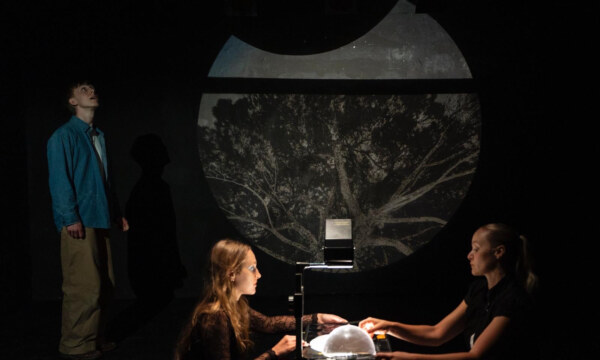
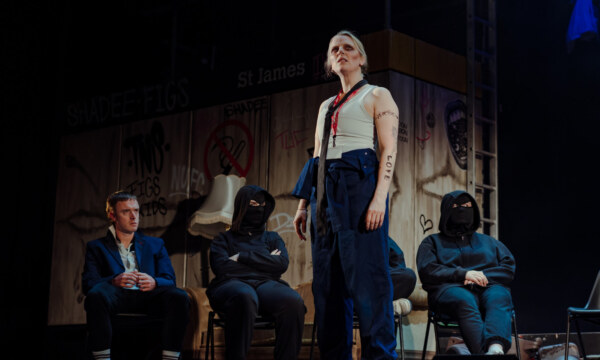
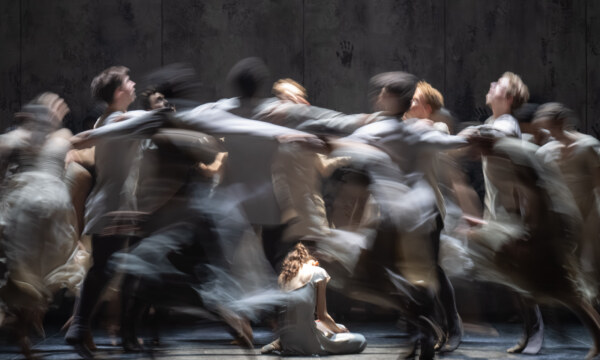

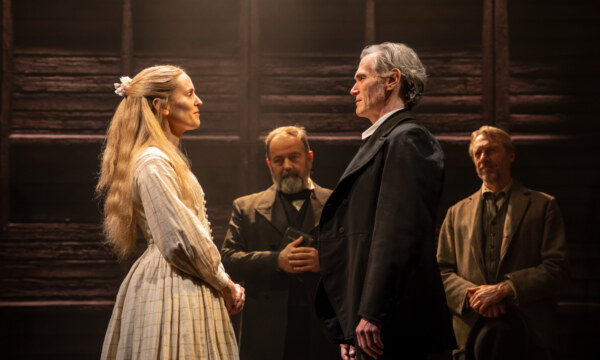

















Facebook
Twitter
Instagram
YouTube
RSS